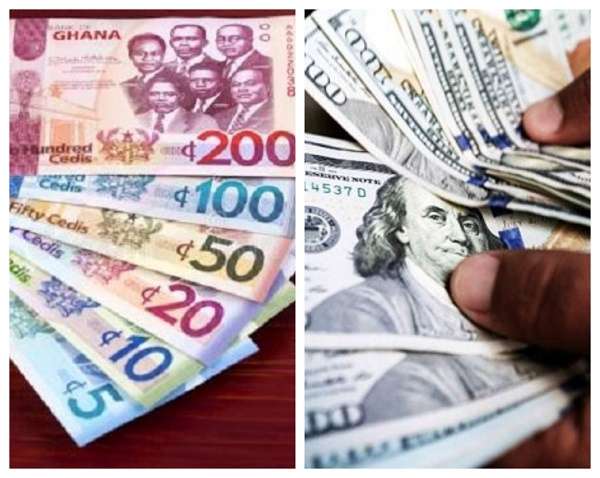Amidst swirling concerns from sections of the business community over a perceived scarcity of foreign exchange, the Bank of Ghana (BoG) has categorically dismissed claims of a dollar shortage in the country.
In a robust response, the central bank has assured the public and businesses that there is enough foreign exchange to meet all legitimate demand, urging calm and adherence to regulatory procedures.
The BoG’s latest statement comes in reaction to growing anxiety among traders and businesses regarding delays in accessing U.S. dollars, especially from their Foreign Currency Accounts (FCAs). Some business groups, including the influential Ghana Union of Traders Association (GUTA), had raised alarms over the difficulty in obtaining dollars for imports and other commercial transactions.
However, persons close to the central bank insisted that the recent frustrations had little to do with dollar availability. Instead, they pointed to strict enforcement of foreign exchange regulations, particularly requirements for full and proper documentation, as the true cause of the delays.
A senior BoG official explained, “Last week, someone was complaining about delays in forex transfer. We investigated, only to find out that his documentation was inadequate. The Bank of Ghana has a duty to manage Ghana’s forex reserves prudently, and we cannot compromise on due process.”
Documentation—The Missing Link
According to BoG insiders, commercial banks have been instructed to ensure strict compliance with foreign exchange laws, which demand that all withdrawals and international transfers be supported by valid documentation. This move, they say, is aimed at safeguarding Ghana’s forex reserves and ensuring transparency.
“We should also understand that commercial banks will not carry out these transfers if they are not backed by the right documentation,” the official added. The central bank believes that enforcing these rules is essential in an era where illicit financial flows and unregulated currency transactions can threaten national economic stability.
Concerns over dollar access first went public when Dr. Joseph Obeng, President of GUTA, addressed the issue during the Graphic Business/Stanbic Bank Breakfast Meeting. He expressed frustrations that traders were facing long delays in accessing foreign exchange from commercial banks, creating unnecessary uncertainty in the trading environment.
However, after engagement with the BoG, GUTA issued a follow-up statement confirming that the central bank had clarified the situation and reassured the group of sufficient forex availability. The BoG further promised to engage commercial banks to improve communication and ensure smooth processing of legitimate transactions. “We urge all our members to stay calm and continue to work through the banks, as the BoG has guaranteed their commitment to resolving these concerns,” GUTA stated.
Banks Caution Against Large OTC Withdrawals
As discussions intensify, the Ghana Association of Banks has also weighed in. Chief Executive John Awuah cautioned against the culture of large over-the-counter (OTC) dollar withdrawals. He stressed that physical withdrawals are not only risky but also deviate from international best practices.
“We should understand that the dollar is not our currency, and any time one wants to withdraw, that has to be justified,” Mr. Awuah said. He cited examples from other West African economies like Ivory Coast, where tight controls govern dollar cash withdrawals.
He added that the formal banking system offers robust mechanisms for facilitating international transactions and urged businesses to rely more on electronic transfers rather than cash-based dealings.
The BoG and Ghana’s financial institutions have reiterated that the country is not facing a forex crisis. Instead, the current situation reflects a stricter regulatory environment aimed at preserving macroeconomic stability and ensuring that forex usage aligns with national priorities.
Traders and individuals are being encouraged to follow the right channels, provide all necessary documentation, and avoid panic-driven withdrawals or unauthorized transactions.
READ ALSO: IMF Inflows Trigger Investor Stampede into T-Bills—What’s Next for Stocks?























